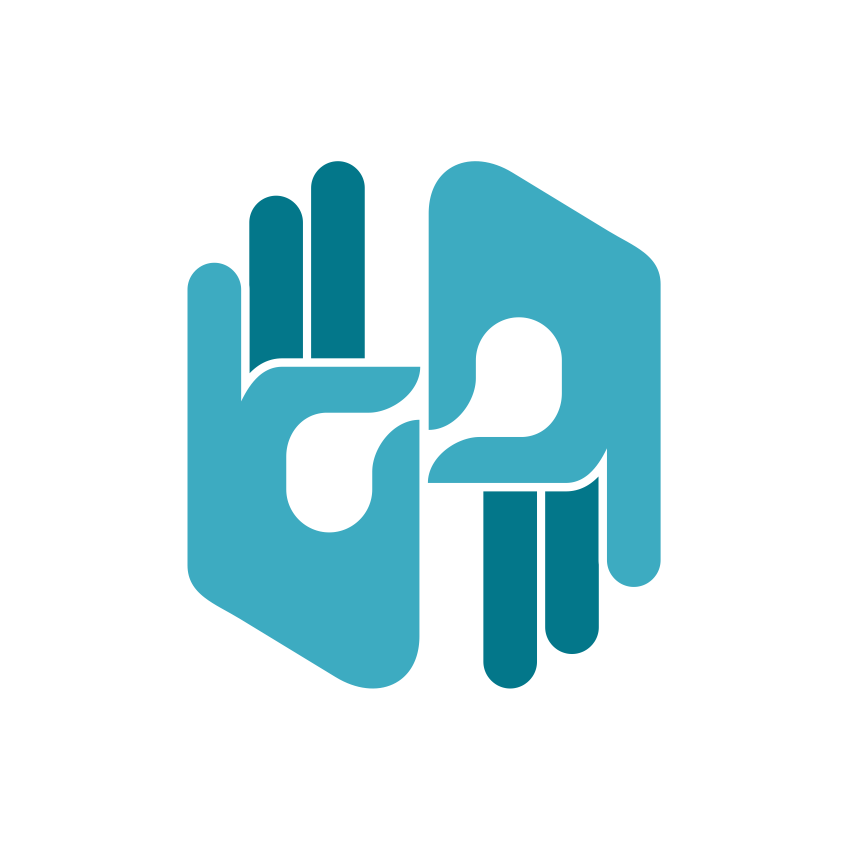
FAQs
Is NZSL really a language?
New Zealand Sign Language is an official language of New Zealand and has been since 2006. Research into NZSL has identified that it has unique phonemes, syntax and grammatical rules which differ sufficiently from other spoken and signed languages to the extent that it is legitimately a language in itself. NZSL incorporates physical movement and directionality which allows for concepts to be expressed in a different way to that of English and other spoken languages. This is why interpreters want to hear your whole sentence before beginning their interpretation – the end may need to go at the beginning! Like other language groups, the Deaf community have expected ways of communicating in their language and things that are valued that differ from other cultures. This is called “Deaf culture” in the same way that we talk about “German culture” or “Maori culture”.
How do I know which interpreter I need?
Ask the Deaf person if there is someone they prefer. Many Deaf people work with interpreters regularly and have identified which ones are a good style and language match for them. If there is a group of Deaf people, let us know who they are and we will often be able to make a judgement call on your behalf.
Why can’t I just book any interpreter?
Until the 1980’s, education of Deaf people in New Zealand did not include instruction in a signed mode. In fact, it was actively suppressed in what some would say was an ill-advised effort to encourage speech at the expense of meaningful and concise communication. New Zealand Sign Language (NZSL) existed as an unwritten, community language, passed around socially and often covertly. Because of this, along with several policy changes to allow signed English and then NZSL in education and also because of physical remoteness prior to the internet, NZSL has a wide variety of generational and regional variation. This coupled with exposure to vastly different levels of education and mainstream knowledge, assigning an interpreter who can capture nuance appropriately in each setting can be a fine art.
Where do I look?
See “Working with Interpreters” for this and more detail about exactly how it all works. Generally look at the person you are communicating with rather than the interpreter. The interpreter will not say “he/she said”. They will say exactly what the other person said e.g. “I have a sore leg”. Interpreters find that this reduces confusion in an interpreted interaction. If in doubt, your interpreter is there to help make it as easy as possible for everyone.
I need how many interpreters?!
Most interpreters will need a break after half an hour interpreting to avoid errors creeping in and from occupational overuse occurring in their arms. If you can’t have 5 minute rest stops every 25 minutes (up to a maximum of two hours total), you’re probably going to need to book two interpreters. When two interpreters work together they back each other up, checking for errors and feeding the ‘on’ interpreter information for words that they may have missed. For any job where the interpreter is unable to stop or the job goes over 2 hours of continuous interpreting, we usually need to book two interpreters.This can vary depending on the intensity of the booking so please don’t hesitate to ask.
Will the Interpreter/s keep everything confidential?
Yes! Also, interpreters are bound by a code of ethics which you can read here. It covers being competent, confidential, impartial, accurate and undergoing regular professional development. Please let us know how you think your interpreter has done at your booking. Feedback is rare and we aim to please so we would love to hear from you.
Who pays for interpreters?
We want to tell you that interpreter funding in New Zealand is simple. Unfortunately, it’s not currently, but we’ve attempted to break it down a little to give you some idea:
Crown agencies
Generally, government departments and crown agencies are expected by government to provide qualified interpreters for Deaf people in accordance with the NZSL Act 2006 and the UN Convention on Persons with Disabilities to which New Zealand is a signatory. This covers the likes of WINZ, ACC, IRD, Justice, Corrections, Housing New Zealand, etc.
Workplaces
The Ministry of Social Development (MSD) administers a fund for the government to pay for approved Deaf people to access support funds to participate in open employment. The Deaf person will need to have their support funds approved before they can book interpreters. Note: Approval should be confirmed by MSD prior to booking interpreters through WORDSWORTH otherwise the person may be billed for services provided or cancelled.
Healthcare
Depending on which DHB region you live in, there are different provisions. Hospitals usually provide interpreters for appointments if they know in time that one is required. In some DHB regions, you can have the interpreter at GP appointments and your DHB will pick up the tab.
Other Contracts
There are several other contracts held by various agencies. Tell us about your booking and we will be happy to point you in the right direction.

